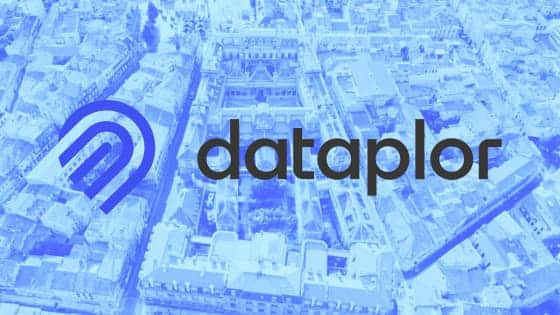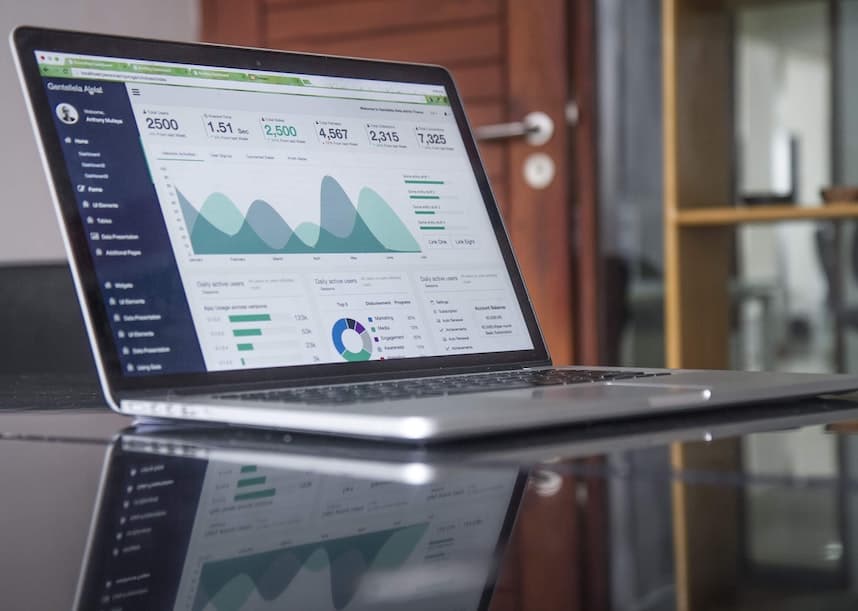Earlier this week we recorded next week’s episode of Localogy’s This Week in Local podcast (that’s podcasting, folks). One topic we discussed was the fact that buy now pay later is now facing a growing regulatory burden.
And Australia is ground zero for this wave of regulation. Perhaps this is fitting since Australia is also one of BNPL’s earliest and biggest markets.
Australia is the homeland of Nick Molnar, founder of Afterpay, one of the OG BNPL platforms that was acquired by Block (Square’s parent company) in 2021 for a cool $29 billion. The deal was completed in 2022. Afterpay was founded in Sydney, Australia, in 2014.
Australia is also the home of ZipCo (founded in 2013). It has made acquisitions in Europe (Twisto), the Middle East (Spotii), and South Africa (Payflex). ZipCo also tried to enter the U.S. market by acquiring Sezzle but later paid a kill fee to get out of that deal.
Painful Unwinding
Despite its large global footprint, or perhaps because of it, ZipCo has been having a rough go of it lately. PYMNTS recently wrote that ZipCo is unwinding many of its acquisitions in the face of the dramatic decline of its stock.
BNPL wasn’t actually invented in Australia (as I say on the podcast). The country has, however, played a major role in popularizing the model. Some non-Australian BNPLs have deeper roots. For example, Sweden’s Klarna was founded in 2005.
BNPL, as we have written here often, is a controversial digital take on installment payments that has become widely popular among particularly younger consumers over the past decade or so. Many regulators have turned their attention to BNPL over the past couple of years. And this is largely because they blame BNPL platforms for fueling a debt crisis among younger consumers.
Consumer advocates haven’t been particularly kind to BNPL either. Recently Dave Ramsey, aka everyone’s grumpy dad/granddad dispensing financial advice, recently said in effect that using buy now pay later is a good way to stay broke. You’re no fun, Dad.
Giving BNPL the Credit it Deserves
BNPL’s regulatory attention feels similar feel to the scrutiny that social media platforms like Instagram are getting over adolescent mental health.
For example, Australian regulators are slapping a label on BNPL that its purveyors dread. And that label is, “Credit Product”.
According to the Fintech Times, “Under the new regulations, BNPL providers will be required to hold Australian Credit Licences, comply with Responsible Lending Obligations, and meet statutory dispute resolution and hardship requirements. This decision aims to create a level playing field for all credit providers and safeguard consumers from potential risks and excessive debt.”
Expect credit checks for BNPL loans to become standard procedure.
The UK plans to regulate BNPL along similar lines. And, according to CNBC, this has drawn the ire of BNPL leaders like Block and Klarna. The firms argue that regulating BNPL as credit just drives consumers regulators intend to protect into the arms of revolving credit providers and payday lenders.
So far, little has happened in the U.S. since the Consumer Financial Protection Bureau began to scrutinize BNPL in 2021.
The Bitter Taste of Irony
There is a certain irony in the fact that BNPL will now apparently be regulated as a credit product. This makes sense simply because a BNPl obligation is a loan. The consumer borrows from a BNPL provider, which itself accesses capital to fund these purchases. And the consumer agrees to pay this loan back over time. The payment structure feels like layaway, but it’s really just the same as paying back a loan.
Why irony? Well, BNPL initially got traction by marketing itself as a preferable and more responsible alternative to revolving credit. Particularly for younger consumers who wanted to pay cash for goods when they didn’t have enough cash to pay for it all at once.
Afterpay founder Nick Molnar coined a phrase to describe this preference among younger consumers. He called it “The Debit Economy.”
BNPL Carries On
Sure, regulators are circling overhead and many BNPL platforms face financial difficulties (see ZipCo above). Yet there is little evidence that BNPL is going away any time soon.
Last year, for example, Australian merchants saw A$2.7 billion (About US$1.8 billion at today’s exchange rates) in sales come in via BNPL, according to the Australian Financial Industry Association.
And in the Middle East (where BNPL is quite popular), regional leader Tabby has just raised a $350 million debt facility.
And there doesn’t appear to be any slowing down of the partnerships that are exposing BNPL to yet more consumers. For example, we recently saw Klarna partner with Airbnb to make it possible to pay for your summer vacation rental via BNPL. And as our co-host Mike notes on the upcoming episode, Klarna will be integrated into Bing Chat (its take on Chat GPT). Klarna will sit alongside other commerce products like Opentable and Instacart.





